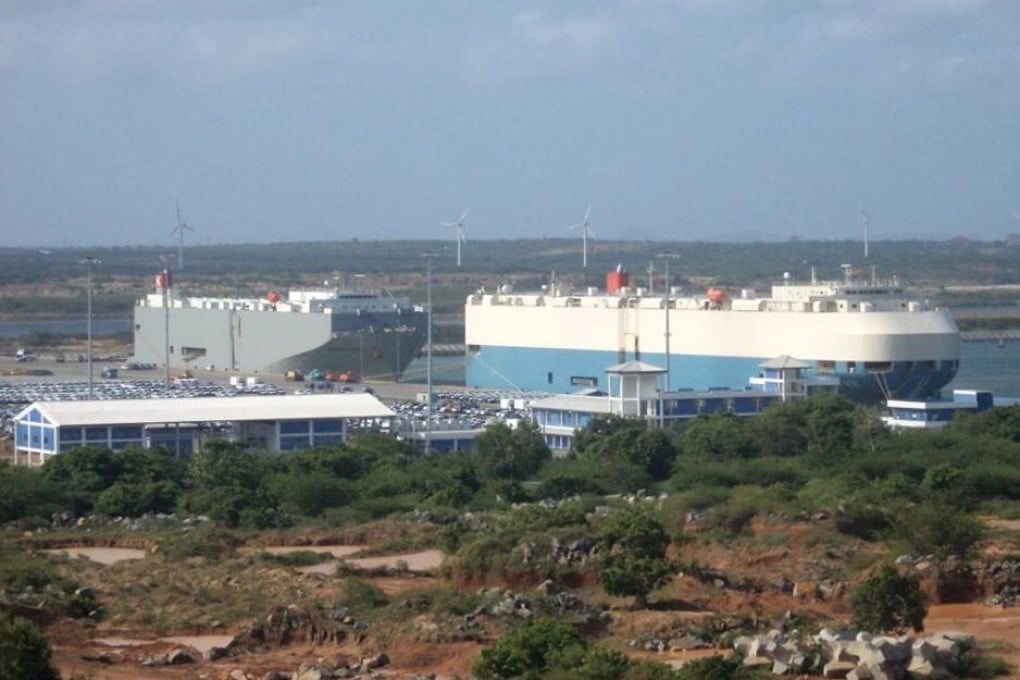Advertisement
Why the Western narrative of China’s ‘debt trap diplomacy’ is another big lie
- Claims that China nefariously plans to ensnare developing countries with shady infrastructure deals are not supported by the evidence
- The world needs China at the table as the debts of troubled economies struggling with the pandemic recession are restructured or written off
Reading Time:4 minutes
Why you can trust SCMP
34

One of the first laws of politics must be that a lie that is well-told, and told often enough, can muffle any truth and contradict a thousand facts.
I am too young to have seen this law at work with Adolf Hitler. I remember it well with Margaret Thatcher, though, and more recently with British Prime Minister Boris Johnson and his call to nostalgic Britons that Brexit could rejuvenate a once-great nation.
Of course, it is former US president Donald Trump and his loyal conspiracy theorists who provide a masterclass with the breathtaking audacity of their claim that widespread voter fraud stole the presidency. There can be no more frightening evidence of the law’s perplexing power than to watch so many US political leaders in high places prostrating themselves before Trump’s “big lie”.
Advertisement
To work well, the lie must be introduced early, repeated often and insulated from contradiction by a narrative of “fake news” and accusations of “witch hunts”.
I was reminded of the law by the latest claims of the “debt trap diplomacy” China has allegedly employed across the developing world, supposedly with the express aim of creating aid dependency and taking control of strategic resources and infrastructure.

The narrative of China strategically deploying foreign investment to secure power over developing countries arose among Trump’s acolytes in 2018. John Bolton, then US national security adviser, warned that China was poised to take over Zambia’s national power and utility company to collect on Zambia’s financial obligations.
Advertisement
Select Voice
Select Speed
1.00x
